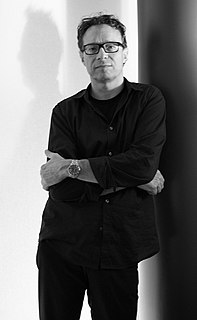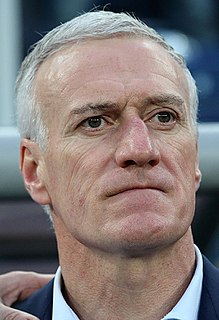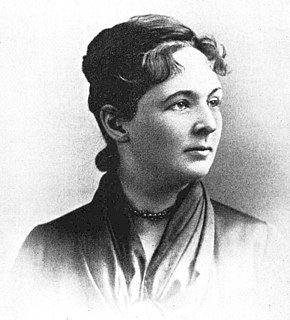A Quote by Michaela Coel
I actually thank God for television... it's not technology, it's storytelling. Technology is saying, 'Do less, do less, do less.' And I don't think it's healthy, no.
Quote Topics
Related Quotes
I think that in a weird way, as technology gets more sophisticated, people have become less aware of it. It's become part of our day to day life. We're seeing large-scale projection mapping, like on buildings. There's video everywhere. It's much less noticeable that we're actually looking at technology.
I have no opposition at all to technology. I think technology is a wonderful thing that has to be used thoughtfully, and we can't just assume that every bit of new technology improvesthe quality of life; it's really in how the technology is used. What I am very disturbed about is this trend of everything happening faster and faster and faster and there being more and more general noise in the world, and less and less time for quiet reflection on who we are, and where we're going.
Certain product categories become less attractive for us because, as they become mature, they become low-cost, and hence, there is less to invent. There is less to invent in a television, whereas in heath technology, there is a lot to invent. So we wanted to put our innovative power to work where it really matters.
There's something grueling but very appealing about rough, to-the-bone material in a low budget context. There's less between you and the material. There are less people. There is less time. There's often less technology. You have to concentrate very intensely, and you jump in a little deeper because there's nothing in your way... but there are challenges.
In diminishing the role of the worker's body in the labor process, industrial technology has also tended to diminish the importance of the worker. In creating jobs that require less human effort, industrial technology has also been used to create jobs that require less human talent. In creating jobs that demand less of the body, industrial production has also tended to create jobs that give less to the body, in terms of opportunities to accrue knowledge on the production process.

































